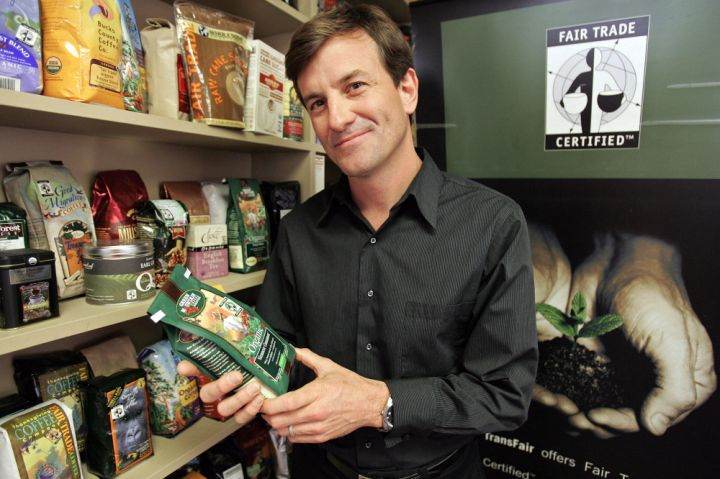US branch of Fair Trade goes it alone in move 'to relax standards'
Fair Trade USA splits from international group amid plans to water down product requirements

The leading American branch of the Fair Trade movement has cut its ties to its international parent body, sparking sharp criticism of its decision to relax the rules on which products will gain its stamp of approval.
The decision to lower the threshold for what constitutes a "Fair Trade" product has provoked a storm of disapproval within the movement, including from the very top of the umbrella organisation, Fairtrade International. And it has exposed a difficult debate within the movement about how best to achieve its goals.
"It's not something that we wanted to happen," Rob Cameron, chief executive of Fairtrade International, told The Independent yesterday. "We do regret it. They are their own organisation and they've taken a unilateral decision.
"I'm not compromising on our principles. Participation, democracy, collaboration are our key principles and I'm not sure that the leadership of Fair Trade USA shares that spirit."
Fair Trade USA, which will formally become independent from Fairtrade International at the end of this year, has proposed a number of changes, which include plans to reduce the threshold on its labelled products to as little as 10 per cent "fair trade" ingredients required, compared with the minimum of 20 per cent in other countries where the Fairtrade label is used. There are also plans to begin certifying coffee from large plantations, which are excluded from Fairtrade International's labelling in order to support small, independent producers.
They have also prompted accusations that the US organisation has changed its approach in order to bring in more revenue. But Paul Rice, chief executive of Fair Trade USA, has dismissed the criticism. He told the New York Times that the movement needed to change to help more farmers around the world.
"We're all debating what do we want fair trade to be as it grows up," he said. "Do we want it to be small and pure or do we want it to be fair trade for all? The more we grow volume, the more we can increase the impact" of fair trade, he said.
In 2010, companies paid Fairtrade International $6.7 million (£4.3m) in fees to pay the cost of auditing a company's production to make sure its Fair Trade claims are up to standard.
According to Mr Cameron, though, the organisation's decision has not proved popular within the US or among its suppliers.
"When Fair Trade USA made its decision, it did it completely unilaterally," he said. "It did not involve any of its stakeholders in the USA, and it certainly didn't involve any of the producer representatives who needless to say are somewhat disorientated and upset about the situation."
Critics say the move could water down fair trade standards in the USA, as companies will have an incentive to include only the minimum amount of Fair Trade ingredients in their products. There is a risk that small coffee producers could lose out to large plantations and that the change in labelling that the split will produce may confuse consumers.
Mr Cameron said he sees no prospect of any of the remaining 24 members of Fairtrade International leaving the body and insisted that "the issue of lowering standards is absolutely not on our agenda". The market is committed to higher Fair Trade standards, he added.
That view has been echoed in the UK movement. Barbara Crowther, of the British Fairtrade Foundation, said that companies will want to work with the system that has the highest level of public trust and recognition.
"Companies take a very considered approach," she said. "I'm not sure they will want to be seen to have adopted a lower standard."
Join our commenting forum
Join thought-provoking conversations, follow other Independent readers and see their replies
0Comments